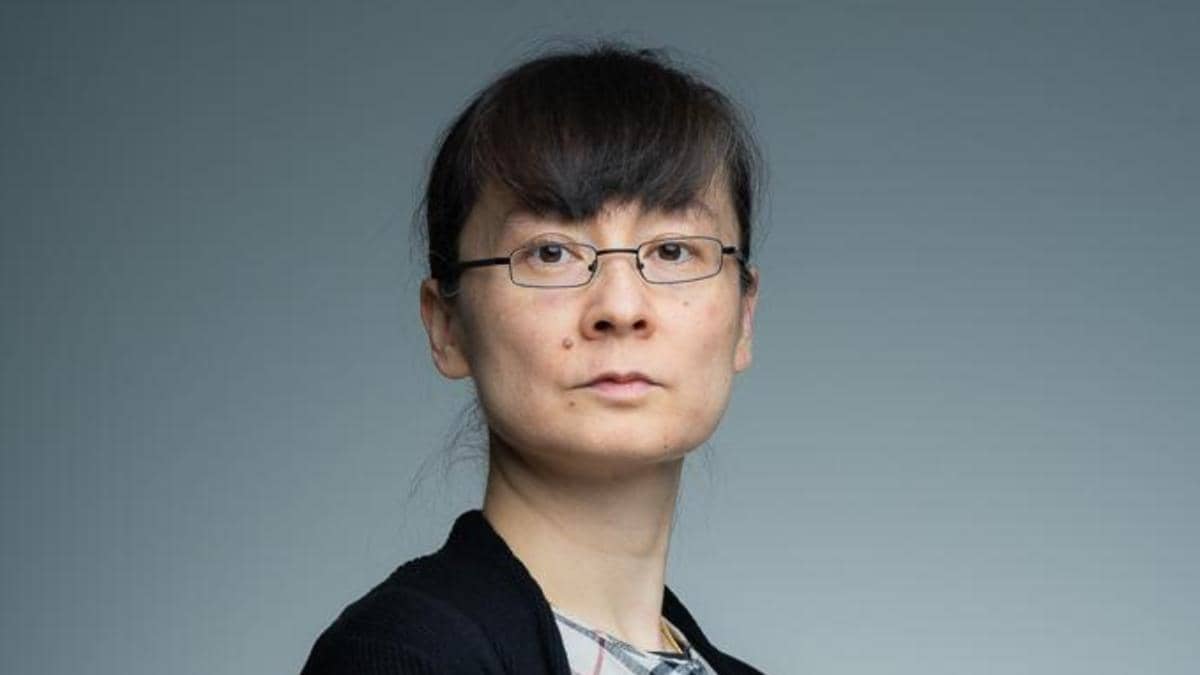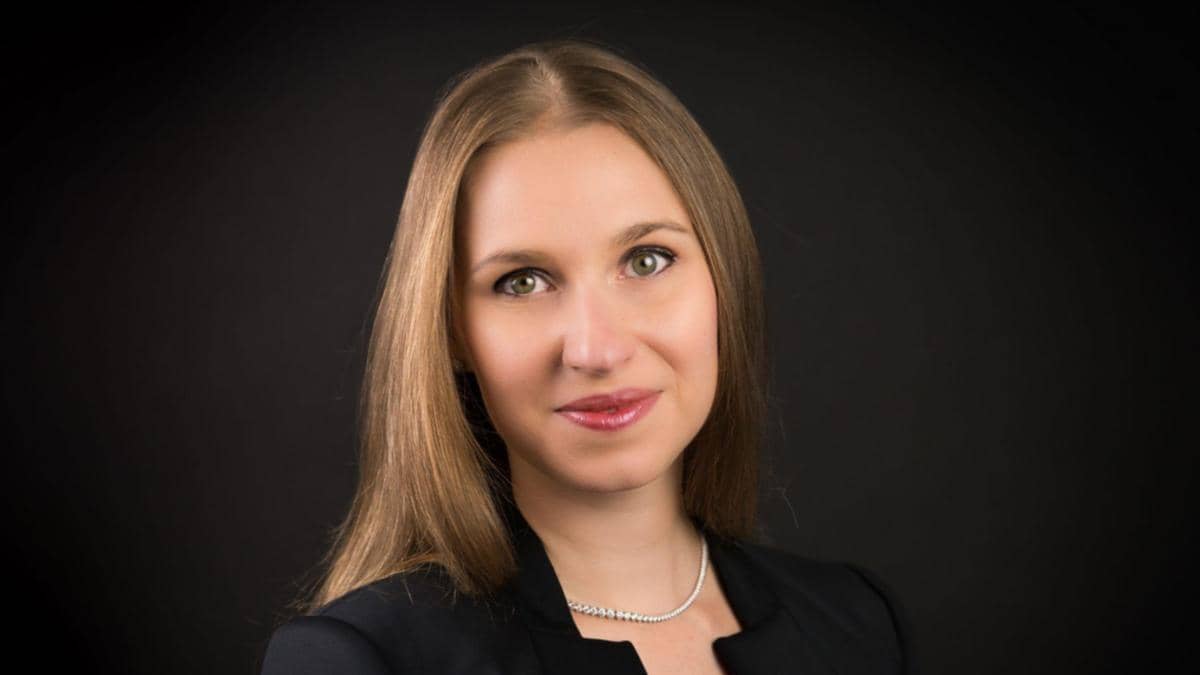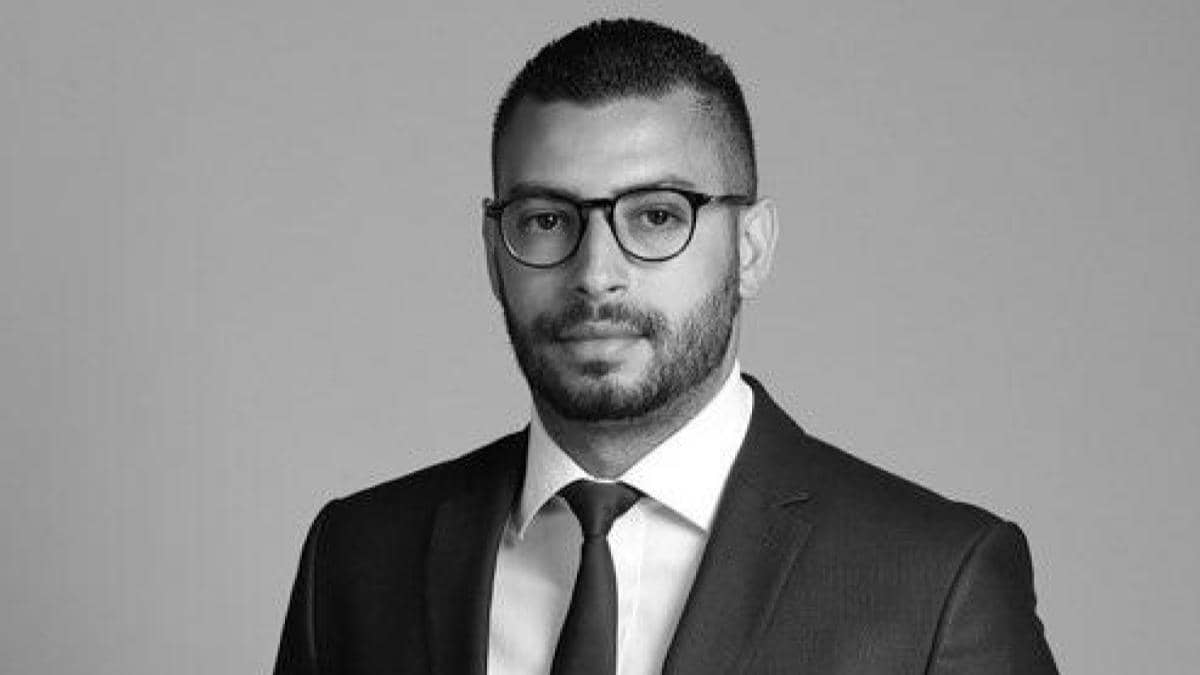Guilherme Onofre from Caixa Gestão de Ativos – Fund Selector of the Month

8 SEPT, 2021
By Constanza Ramos
Guilherme is Head of Fund Selection at Caixa Gestão de Ativos, and he has been at the company for more than 10 years doing fund selection and managing portfolios. His academic background is in Management and Finance.The Fund Selection team is responsible for selecting traditional and alternative funds (liquid and illiquid) and managing alternative portfolios through a fund of funds approach. We are three in the team covering more than 100 funds and above 2BEUR of assets (funds and ETFs).

1. What do you think leads to success in the fund industry? Can you give some advice for people starting a career in manager selection?
It is important to understand the fund philosophy and its characteristics, which includes the comprehension of the portfolio manager and the team mindset, the investment process and the key drivers of security selection and portfolio construction. The identification of these drivers permits to characterize the funds according to its factors or bias, enabling not only a better evaluation of the funds, by allowing a fairer comparison to its risks, but also conclude if the fund is adding value. This is easier said than done as usually funds do not have a unique, well defined, factor but rather a combination of different factors. A correct identification of the fund bias, its strengths and the market environment more favorable for it to outperform or underperform, also allows to better implement macro allocation decisions.
2. What is your biggest challenge as Head of Fund Selection at Caixa Gestão de Ativos?
After identifying the sources of risk of the funds, and how they have behaved in the past, the biggest challenge is determining what they will do going forward. The question to be made is whether the fund has all the necessary conditions to replicate past behavior in the future? Not necessary in terms of absolute or relative performance but mainly in the sources of value added, being it style exposure, allocation decisions, security selection or other. Although some quantitative data may help on this, most of the work we do comes from combining a large set of different qualitative variables.
3. Which aspects do you consider most important when selecting an illiquid alternative fund for a portfolio?
The illiquid alternative assets have specific characteristics, mainly the allocation of the capital for longer periods, that emphasis the importance of having a stronger initial due diligence process. The selection should focus on the team capabilities and the conditions to implement the proposed investment mandate. It is important to analyze the team track record on the specific sectors, strategies or geographies they will operate, and the alignment between resources (number and skills) and the investment process to be followed.
Since the capital allocation ranges from 7-8 years to 15 years, and even if an extensive due diligence is made, keeping the fee structure as lower as possible and aligned with your targets is also important. This is more important than on liquid assets where changes to the investments can easily be done if the risk is not being properly compensated.
4. What kind of adjustments have you made in your portfolio management in 2021? Are you going to change your portfolio permanently due to the possibility of another pandemic, economic crisis, etc?
We have not made major changes on our portfolios in 2021. Whenever possible, we construct our portfolios in order to have low style biases. Our process is focused on having portfolios that will be able to perform in different market environments and therefore we tend to have low turnover on our portfolios. On top of that, last year was very positive for the fund selection portfolios, not only on the results we managed to get on the different asset classes, but also on the funds behaving accordingly to what we would expect from them.
5. Which asset classes, sectors, or funds do you think are particularly interesting right now?
We see opportunities in the infrastructure and private equity asset classes. Since 2006 we have been running portfolios on these classes on a fund of fund format. Particularly within the infrastructure space, we see opportunities in the market on the more regulated sectors that match some of our Clients’ expectations and needs for diversified portfolios that can complement the traditional fixed income exposure.
6. What are your secrets when selecting funds? What characteristics are most important when recommending a fund?
There are certain qualitative aspects that we look for when selecting a fund. These are not exclusive characteristics per se but we appreciate having, for example, a team investment approach, to minimize the key man risk, an alignment between the team resources and the investment process followed, and between asset manager and portfolio manager (asset growing vs performance). It is also important to understand the fund investment philosophy and the portfolio manager personality, which is not always easy to do, as they tend to have standard predefined answers for almost every question you may have (thus you have to be creative).
Then, depending on the asset class, there may be specific characteristics we look for in the team or in the portfolio manager, for example, legal background and capabilities on the distressed debt or high yield strategies.


